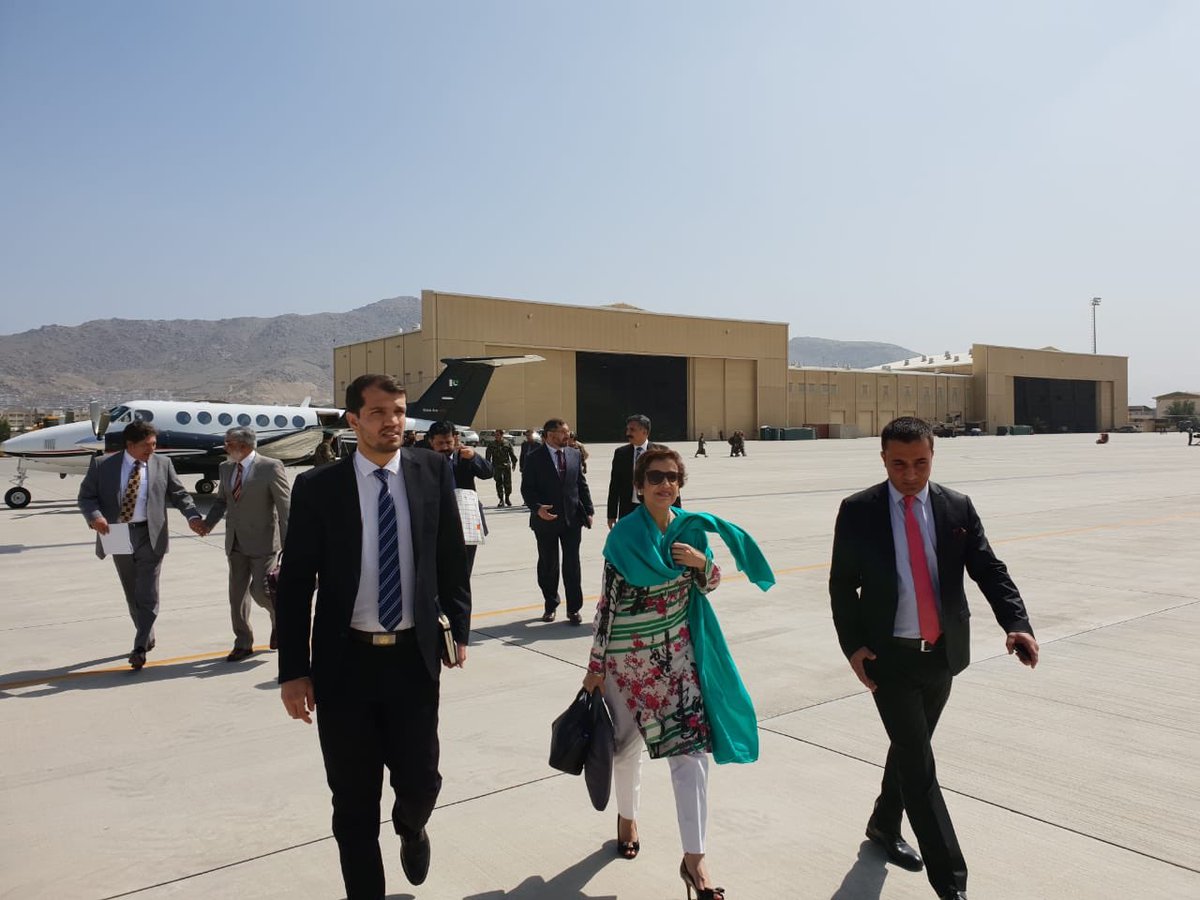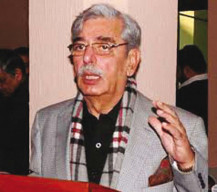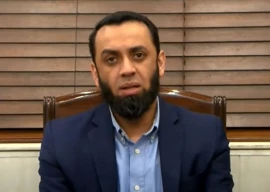
The Afghan delegation was led by the deputy Foreign Minister Hekmat Karzai, and the Pakistani side was led by the Foreign Secretary Tehmina Janjua.
The Pakistan team was made up of a 28-member multi-departmental, high-level delegation which included representatives from MOFA, SAFRON, Commerce, FBR, Railways, Communications, Interior, Military and Intelligence which met with their Afghan counterparts in respective working groups.
The APAPPS framework provides a comprehensive and structured mechanism to enhance engagement between counterpart institutions of the two countries.
Pak-Afghan leaders reiterate need for achieving regional security
APAPPS is comprised of five Working Groups on Politico-diplomatic, Military, Intelligence, Economic & Trade and Refugees issues. Afghan Deputy Foreign Minister and Foreign Secretary of Pakistan led their respective sides in the politico-diplomatic WG besides co-chairing the opening and closing sessions of the APAPPS.
According to the joint statement issued by the Foreign Office, the inaugural joint meeting of the WGs, the Afghan and Pakistani side assessed prospects for the APAPPS forum that covers all areas of mutual interest including counter terrorism & security, peace and reconciliation, bilateral trade and transit, connectivity, Afghan refugees' repatriation and promoting people to people contacts.
Following the APAPPS inaugural session, five WGs held their respective group meetings at the level of relevant Ministries and departments.
The WGs, besides discussing important issues in each area, also deliberated on the ToRs for future course of action and the agenda items for their next round of meetings to be held in Islamabad at mutually agreed dates.
The concluding session noted the great importance of APAPPS to deliver on the commitments made under this forum within the mutually agreed time frame.
The development came against the backdrop of reports that the US officials held talks with former Afghan Taliban officials in Qatar, the UAE and Afghanistan as part of efforts to seek a political end to the lingering conflict.
The Trump administration recently also reportedly authorized its diplomats to hold direct talks with the Taliban, something the insurgents groups have been demanding for long.
The fact that the Pakistan sent the delegation to Kabul just before the elections suggests the urgency on part of all sides to bring some semblance of peace in Afghanistan.
The recent thaw in ties between the two countries began in October last when Army Chief General Qamar Javed Bajwa visited Kabul. In May, the two sides finalized a new framework to discuss all issues including border security as well as the Afghan endgame.
The new mechanism has considerably helped the two countries to avoid blame game in the event of any terrorist incident on either side of the border.
The deepening cooperation between the two estranged neighbors also played a vital role in the elimination of Mullah Fazlullah, the most wanted terrorist in Pakistan.
1719315628-0/BeFunky-collage-(8)1719315628-0-405x300.webp)


1731329418-0/BeFunky-collage-(39)1731329418-0-165x106.webp)

1731826589-0/Untitled-design-(14)1731826589-0-270x192.webp)

1731749026-0/Copy-of-Untitled-(3)1731749026-0-270x192.webp)









COMMENTS
Comments are moderated and generally will be posted if they are on-topic and not abusive.
For more information, please see our Comments FAQ